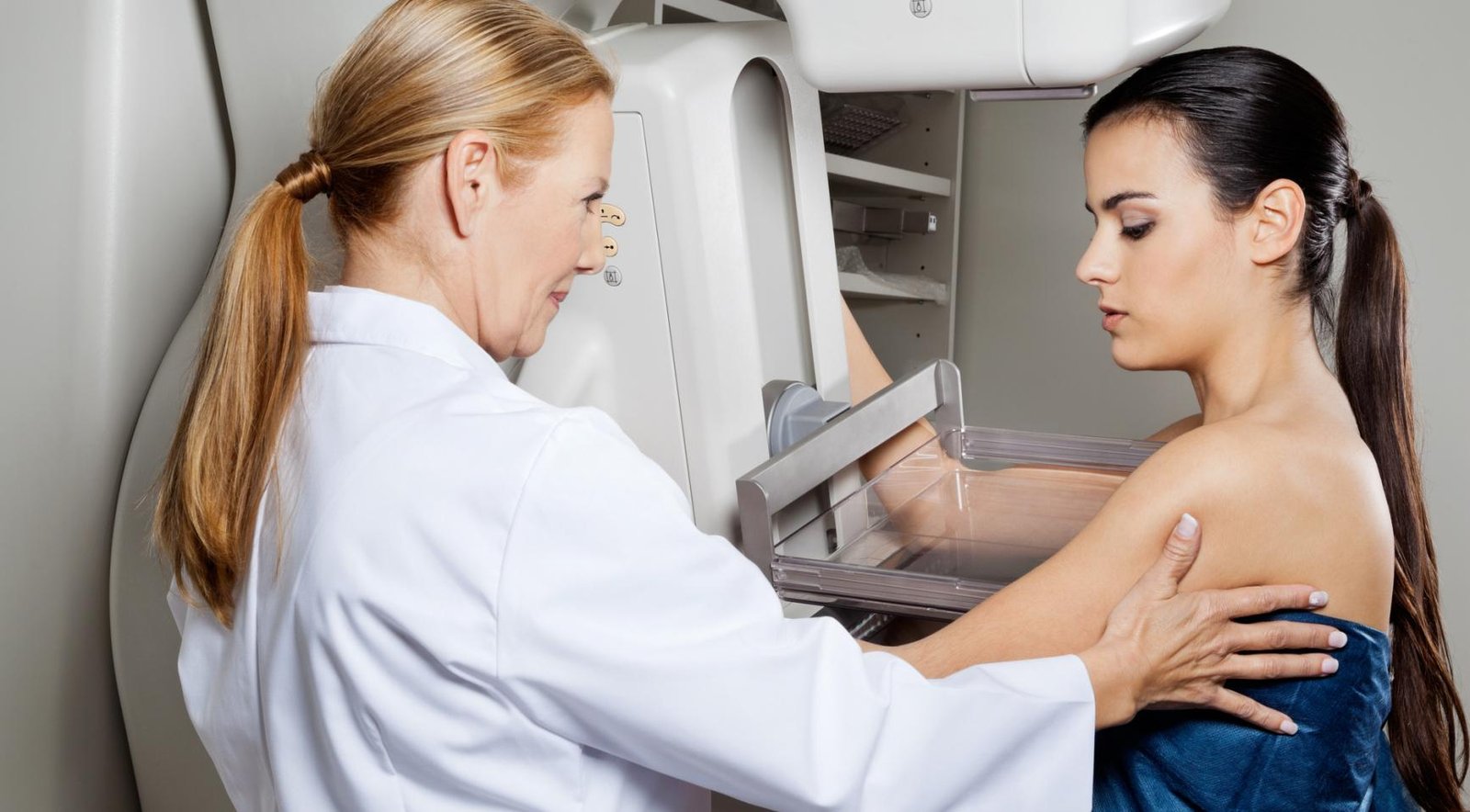Key Findings
- AI detects tumors earlier: The use of AI in the Dutch breast cancer screening program has shown a higher detection rate of tumors, allowing for earlier treatment.
- Study details: Conducted by Radboud University Medical Center, the research analyzed 42,000 mammograms from the Utrecht region.
- Cost savings: Implementing AI could potentially save millions of euros annually by reducing the workload of radiologists.
Research Insights
In a recent study published in The Lancet Digital Health, researchers demonstrated that AI technology is capable of identifying breast tumors more frequently and at earlier stages compared to traditional radiologist assessments. This advancement could lead to significant improvements in patient outcomes.
Study Methodology
The study involved:
- Analysis of 42,000 mammograms from the Dutch screening program.
- Comparison of results between one radiologist using AI and two radiologists reviewing the scans.
- Follow-up on the women whose scans were analyzed for nearly four and a half years.
Results
The findings revealed that:
- One radiologist assisted by AI detected more tumors than two radiologists working independently.
- AI was able to identify tumors that radiologists might miss initially, leading to earlier interventions.
International Context
Similar studies in Sweden have already implemented AI to replace the second radiologist in mammogram assessments, resulting in increased detection rates without a significant rise in unnecessary follow-ups.
Challenges in Implementation
Despite the promising results, AI is not yet utilized in the Netherlands due to:
- Logistical challenges in national screening organization.
- Insufficient IT infrastructure to support AI integration.
- Need for funding to facilitate implementation.
Conclusion
The study indicates that AI has the potential to enhance breast cancer screening in the Netherlands significantly. However, further research and infrastructure development are necessary to realize its full benefits.
